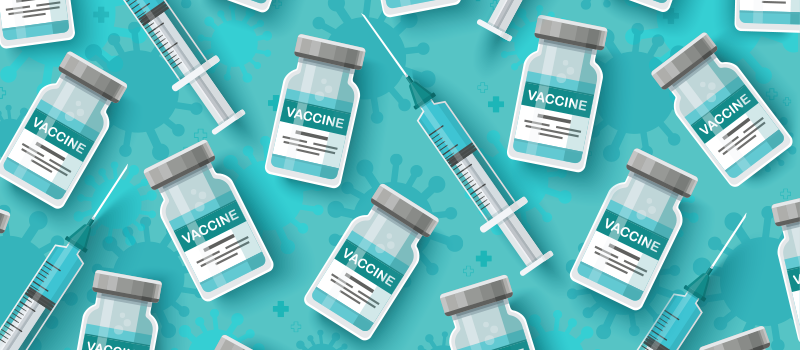What’s the Buzz
The Bee Healthy Blog
How COVID-19 Will Reshape Health Care and the World

In recent times, what is that one question you have heard people asking repeatedly? For me, it has been about what the world will look like post-Covid. Among the answers that I have heard so far, the following conversation I had with a friend left a lasting impression. They shared:
“While no one would actively welcome a pandemic, all of the past health crises our world has seen have come with a silver lining. For example, cholera gave us improved plumbing infrastructure, tuberculosis helped us understand the importance of being outdoors in the sunlight, and the Spanish flu of 1918 inadvertently advanced women’s rights due to labor shortages.”
In my opinion, we have an opportunity to learn from our experiences throughout the past year and a half and move forward with the intention to make the future a better place – especially in health care. Since Covid-19 struck humanity, the pharmaceutical industry has been at the forefront leaving no stone unturned to minimize casualty, optimize resources, and outrun the virus in search of a cure or prevention.
What started as a fight to contain the damage is emerging as a torchbearer of transformation in the industry. Here are my thoughts on 5 changes in health care that I believe are here to stay:
1. Shorter clinical trials – If you discovered a shorter route to work would you then prefer the longer route, ever? Researchers had been studying coronaviruses for decades. In the wake of the pandemic, scientists all over the world shared their research data that led Pfizer to come up with a preventive Covid-19 vaccine with 95% efficacy without compromising on quality or safety in less than a year. A lot of companies throughout the world achieved a similar feat. The previous standard was 8 to 10 years for development. This opens the door to explore the possibility of shorter clinical trials for other medications, too.
2. Rise in Integrated healthcare platform/telehealth – If I were to pick a hero in the pharmaceutical industry that became a true Antifragile (a term borrowed from celebrated author and philosopher Nassim Nicholas Taleb) during this pandemic, it would be telemedicine. Telehealth concepts like online consultations, remote diagnostics, and even at-home care were beating Covid-19 at its own game and supporting patients to get remote medical consultancy without stepping outside. As per a published KFF analysis, just over 1 in 4 Medicare beneficiaries have had a telehealth visit with a doctor between the summer and fall of 2020. Not just in the U.S., but even in developing and highly populated nations like India, this concept has been a lifesaver in this pandemic. Such an arrangement is more affordable, accessible, and has the ability to integrate areas with less advanced medical infrastructure. It might be one of those disruptors in the healthcare space that is here to stay.
3. Enhanced use of data and technology – As per a 2020 Global KPMG survey of organizations, one of the key impacts of Covid-19 has been an accelerated pace of digital adoption by firms to survive this unforeseen turmoil and build deeper resilience. The ability to remain connected to employees and customers, provide alternatives to every roadblock, optimize processes, and redefine strategies – all of this has been possible through technological innovation. The last century saw technology improving business efficiency, but Covid has led companies to unearth a novel side of technology as well – the ability to stay connected with digital messaging such as Zoom, Slack, mobile apps, and text message notifications/reminders.
4. The age-old debate on drug pricing – As per a 2019 survey report, 3 in 10 Americans did not take medications as prescribed in the past year because of the cost. While there is a tug-of-war between the benefits vs. the financial burden of high drug prices, our government’s recent move to go for bulk purchase of the Covid-19 vaccine to make it accessible for all clearly shows that there is enough scope for a middle ground in this debate.
5. Moderation of the imbalance in the supply of raw material and APIs - As per official records in Oct. 2019, Janet Woodcock, then U.S. FDA Director had expressed concern over excess reliance on a specific region for essential raw material supply for medicine and asked for a more balanced approach to deal with it. Her words became a self-fulfilling prophecy when Covid-19 struck and the locking of borders disrupted supply. This one is more of a need than an insight. I see some good progress in the form of more local production, vertical integration, or a hybrid approach in sourcing raw materials.
We live in complex systems, many of which were turned upside down because of the pandemic. As we saw, one change can produce drastic, lasting effects. As the vaccinations roll out and the masks come off, it’s important to think about our “new normal” and how we can contribute to making our future more robust and sustainable for humanity.
“What seems to us as bitter trials are often blessings in disguise.” - Oscar Wilde











SOCIAL